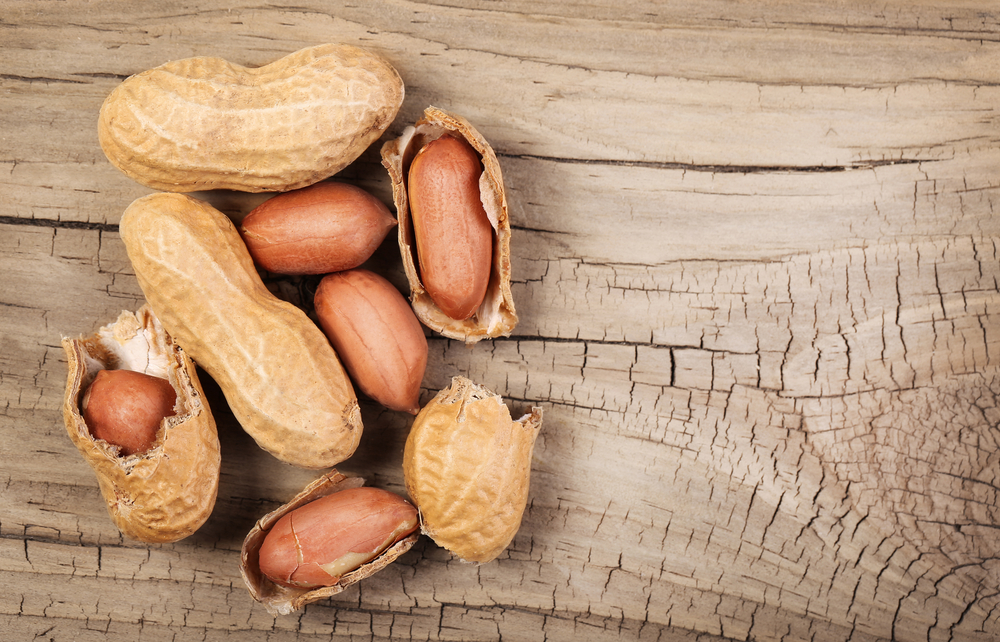Australian researchers may have found a possible cure for people living with severe peanut allergies thanks to the success of a clinical study.
Melbourne researchers from Murdoch Children’s Research Institute conducted clinical trials on 30 children with severe peanut allergies. Over an 18 month period, researchers gave them daily doses of peanut protein together with a probiotic, with doses slowly increasing over that time span. The probiotic used in the study, lactobacillus rhamnosus, is equivalent to eating 20kg of yogurt a day.
According to lead researcher Mimi Tang, by the time the trials were over, more than 80 per cent of children could tolerate peanuts without any allergic symptoms. Researchers noted that the effects lasted two to five weeks after the treatment.
“We focused on peanut allergy because it is usually lifelong and it is the most common cause of death from food anaphylaxis,” said Tang. The treatment used in the study was able to help change the severe allergic response in a majority of the participants when they ingested peanuts. Thanks to the overall success of the study, Tang added that they’ve been able to change the lives of the young participants and their families. “These findings provide the first vital step towards developing a cure for peanut allergy and possibly other food allergies.”
Even with all the good news, Tang advises parents not to try this at home. She warned that the study was conducted under strict medical supervision and that some participants did experience allergic reactions during the treatment.
While we may be one step closer to finding a cure for peanut allergy sufferers, further research is required to see whether the children involved in this study are able to attain their resistance to peanuts. “We will be conducting a follow-up study where we ask children to take peanut back out of their diet for eight weeks and test them if they’re tolerant after that,” said Tang.
Until then, we can all celebrate the possibility of a future where children and their parents don’t have to worry about potentially deadly peanut allergies.

Leave a Reply